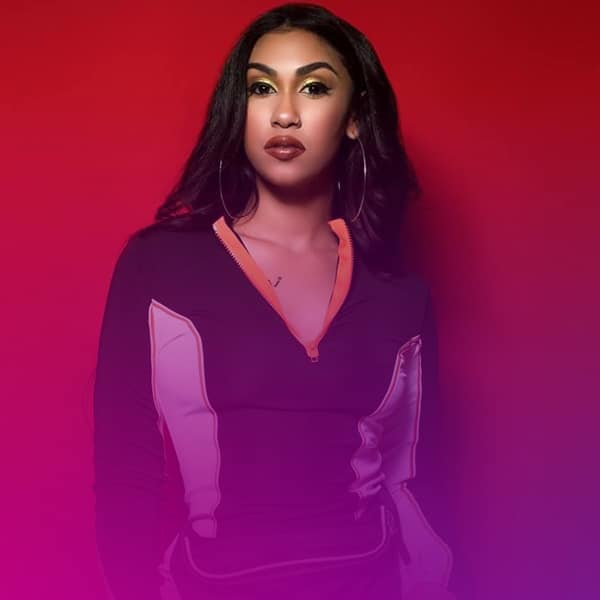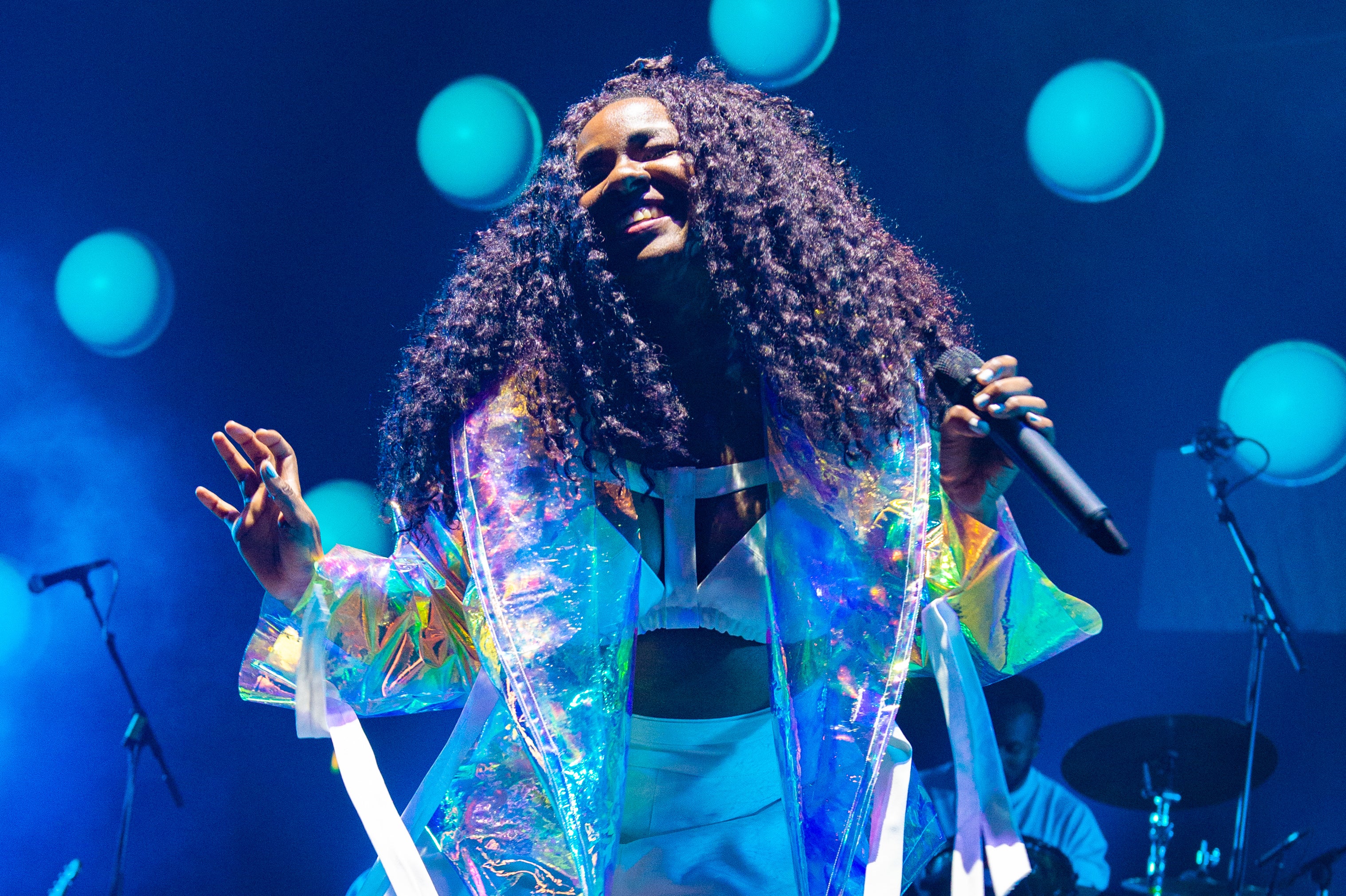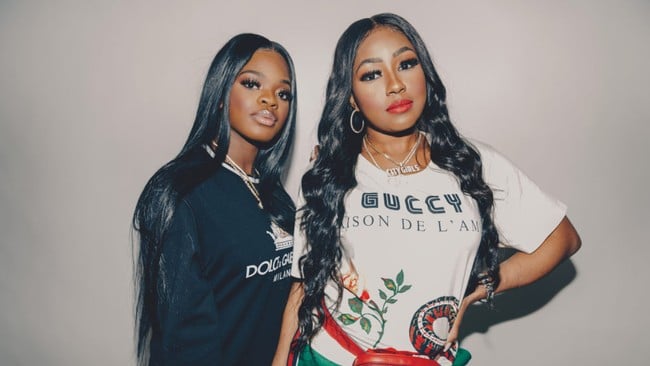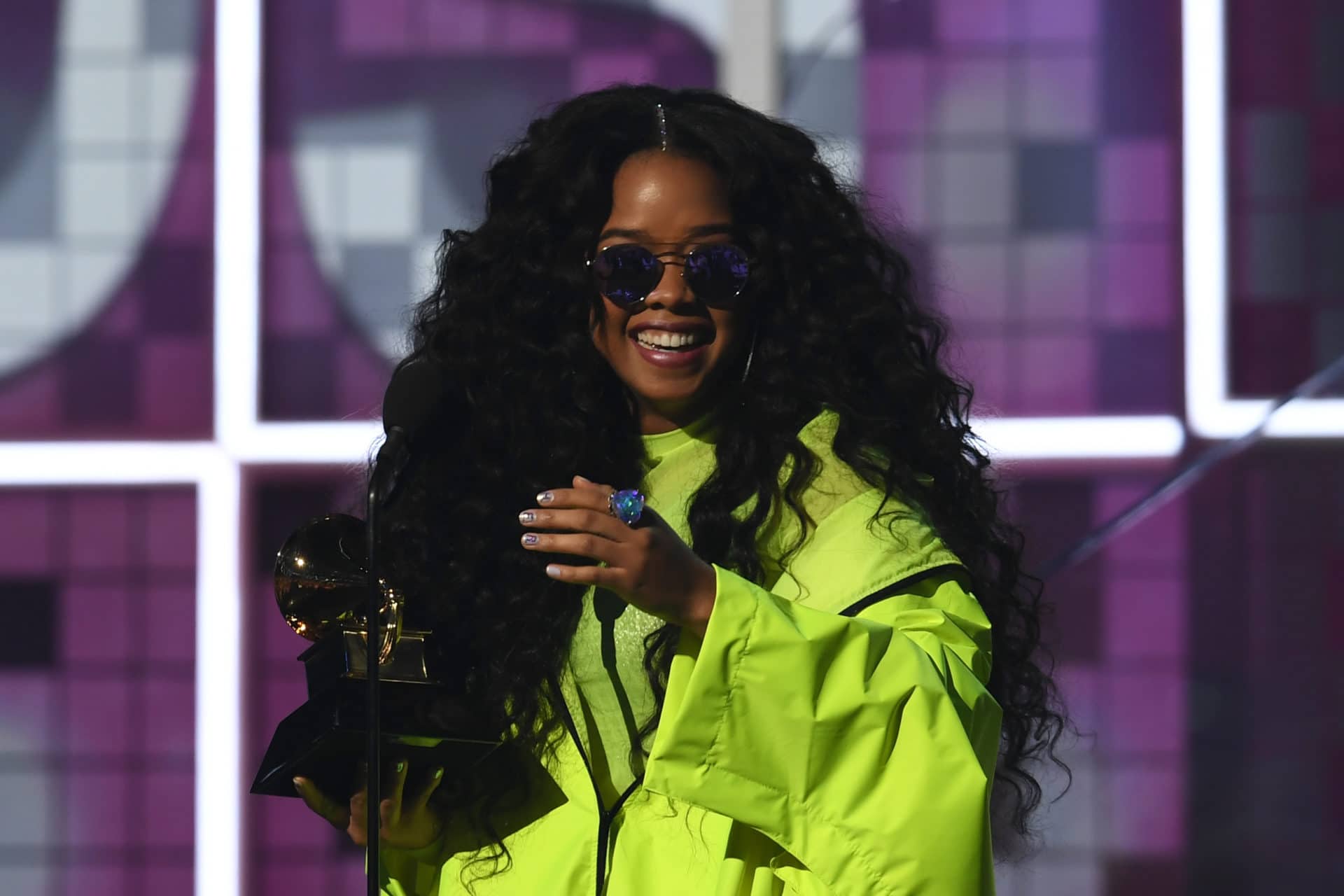For almost a decade, there seemed to be only three lanes for Black women as musical artists: Beyoncé, Rihanna or Nicki Minaj. But now singers from Normani to Teyana Taylor and rappers from City Girls to Young M.A have not only staked out their own lanes but have ensured their fans have an express pass to their music.
But why did they have to find their own way to us in the first place?
In the aughts, the peaceful merger of hip-hop and R&B became a hostile takeover as singers turned to tempo and bounce, rap features and a syncopated vocal style to maintain a presence on urban mainstream radio.
Vocalists with rich and full sounds such as Jill Scott, Ledisi, and Fantasia were relegated to the urban adult format, which industry executives were less invested in because it doesn’t drive record sales. By 2010, some listeners found it hard to label which artists were rappers and which were singers. Fast-forward to now, with Black women leading the charge to restore urban music to its true multi-genre, multi-artist space.

Reviving R&B
After more than a decade of a declining R&B presence on radio and only a handful of Black women consistently dominating the crossover charts, a new class of singers is charting its own sonic course. Queen Naija is modern R&B’s answer to Mary J. Blige, Faith, and Keyshia Cole, yet she was introduced without a massive marketing campaign, splashy video or big radio budget. She broke in through social media.
TheYouTube vlogger turned her husband’s cheating scandal and their subsequent break up into a successful music
career. In December 2017 Naija posted “Medicine,” a turning-the-tables anthem, and the track exploded. In less than six months, “Medicine” debuted on the Billboard Hot 100 chart at No. 45 even though the singer didn’t have a record deal.
Once Naija signed with Capitol Records, she found success on mainstream radio first, then hit No. 1 on the Adult R&B Songs chart a year after the number’s initial release—the reverse order of traditional R&B crossovers.
British soul artist Nao has been heralded as the new iteration of neo-soul (her given name is actually Neo). She’s bubbled slowly over the past few years, letting her sound evolve and her fan base grow organically through two independently released EPs in 2014 and 2015, followed by two critically favored LPs—2016’s For All We Know and 2018’s Saturn—after signing with RCA. (Nao’s profile surely received a boost when Rihanna used her “Another Lifetime” in a social media tribute to Lauren London after the loss of Nipsey Hussle.)

Nao, who counts Aretha Franklin, Missy Elliott, and Brandy among her influences, mixes wide-ranging styles with an
electronic sound she dubs “wonky funk”—and caps it all off with an otherworldly voice that soars the way Erykah Badu’s did in 1997.
Repping Rap’s Finest
Women are also pushing through in hip-hop in the biggest way since maybe the 1990s. Cardi B’s meteoric success awakened gatekeepers to the reality that there’s room for more than one female rap artist at a time.
Cardi, Megan Thee Stallion, Young M.A and City Girls all launched their careers from viral moments and large social media followings, and they broke some of the genre’s norms too: Cardi debuted without a cosign from a male rapper or camp (she was also featured on VH1’s Love & Hip Hop); Megan released her debut album while finishing her college degree; Young M.A, is arguably the first openly lesbian mainstream rapper; and City Girls’ Yung Miami and JT are taking bold and brash feminism to the next level.

Last year the duo’s mixtape, Period, dropped to overwhelming response, leading to a feature on the hottest song of last summer, Drake’s “In My Feelings,” and a strong presence in season three of HBO’s Insecure. Even
as JT serves a two-year jail sentence for credit card fraud, City Girls has maintained momentum with the current hits “Twerk,” assisted by Cardi B, and “Act Up.”
Femming the Future
Music trends have always occurred in cycles, reaching back while moving forward. It’s no different for the current crop of talent: On her recent album, pop culture’s latest obsession Lizzo paid her respects by including Missy Elliott on “Tempo.” Last year H.E.R.’s monster love jam “Best Part” (with Daniel Caesar) evoked Lauryn Hill and D’Angelo’s “Nothing Even Matters.” But today’s Black women in music have upended industry norms and redefined how they are seen and heard in the world—and they have our full attention.
Naima Cochrane (@naima) is a music critic and former entertainment executive. In 2017 she created the #MusicSermon Twitter series.
